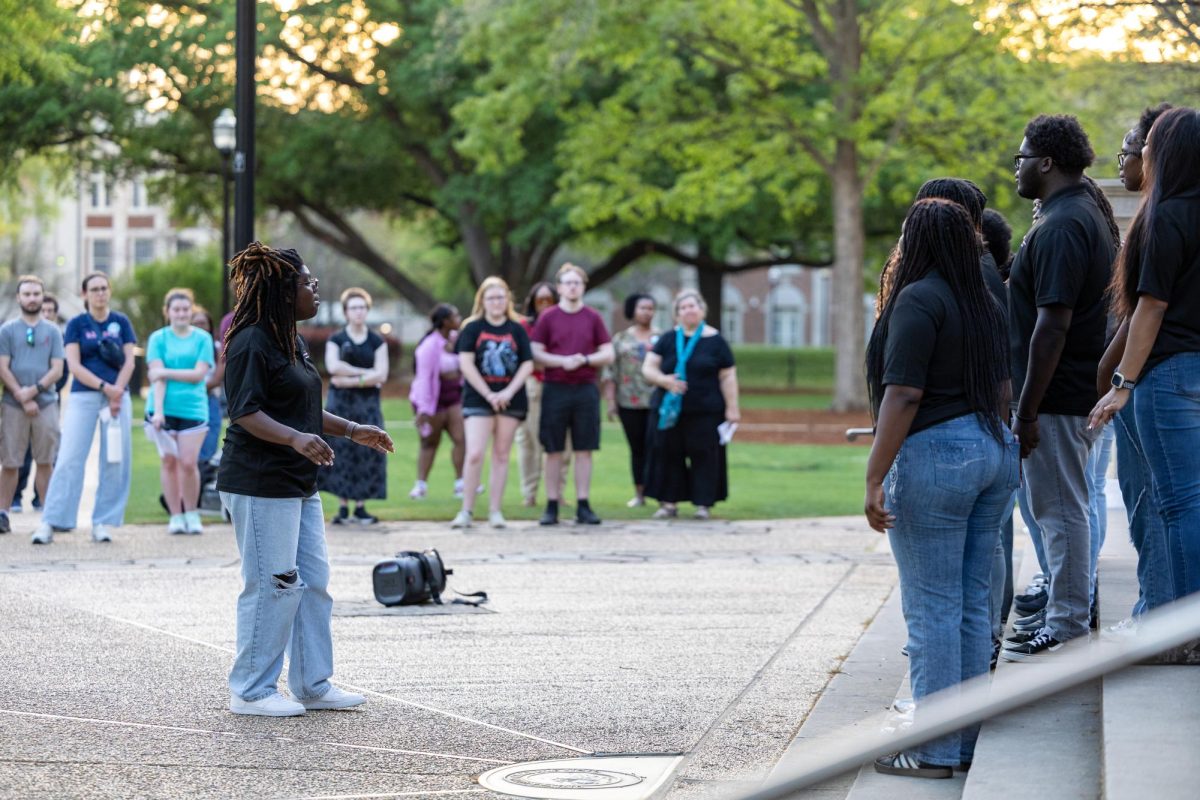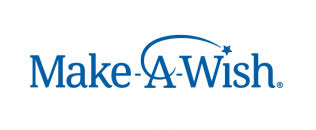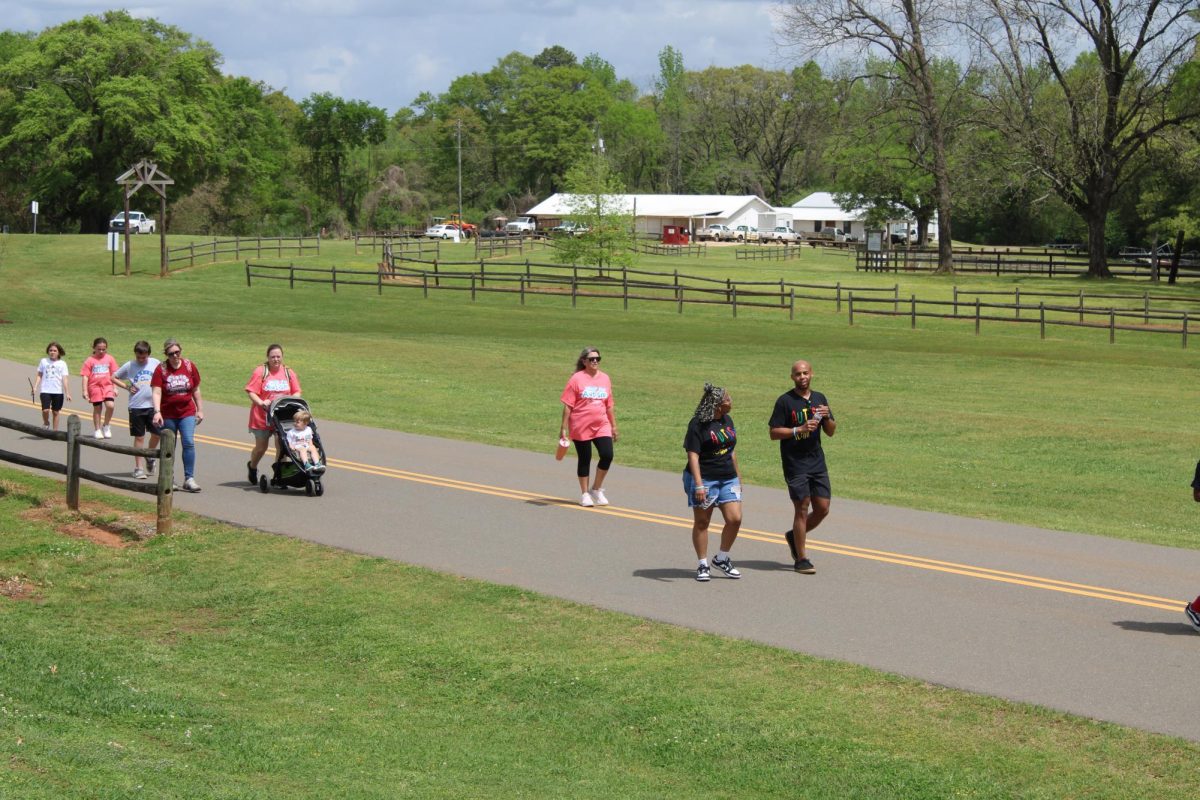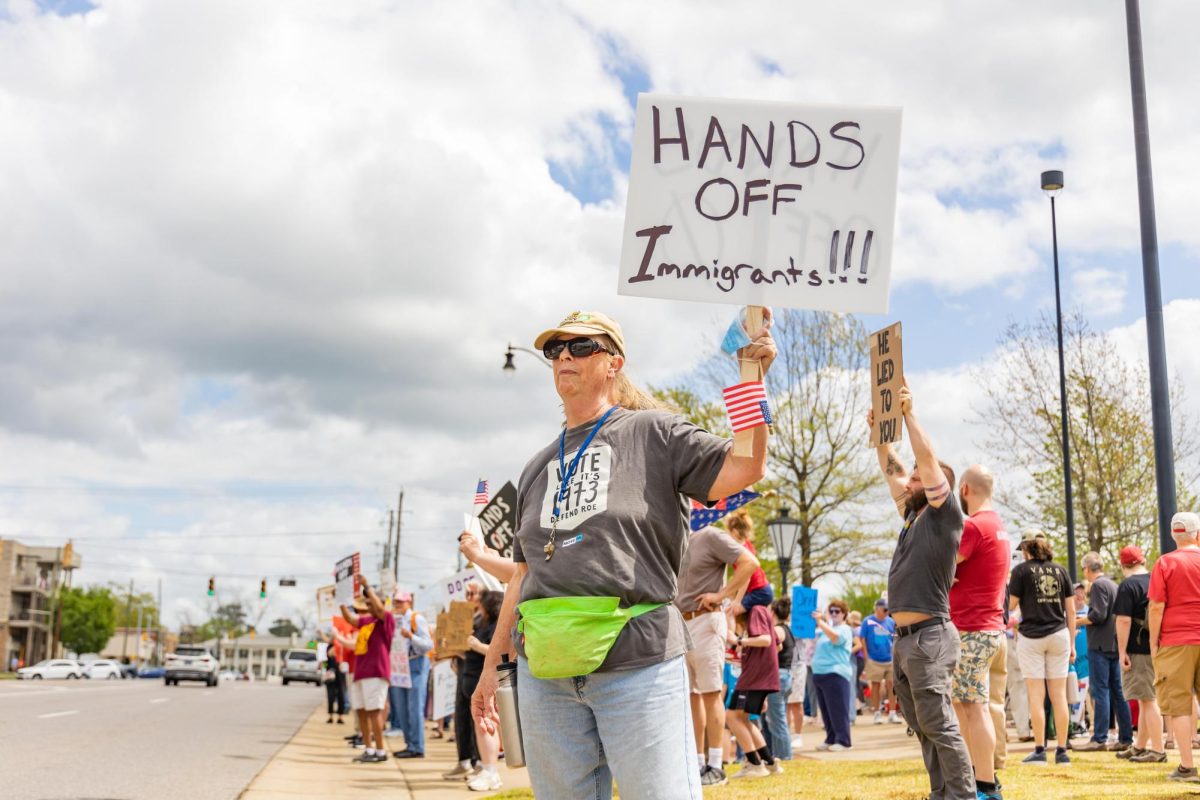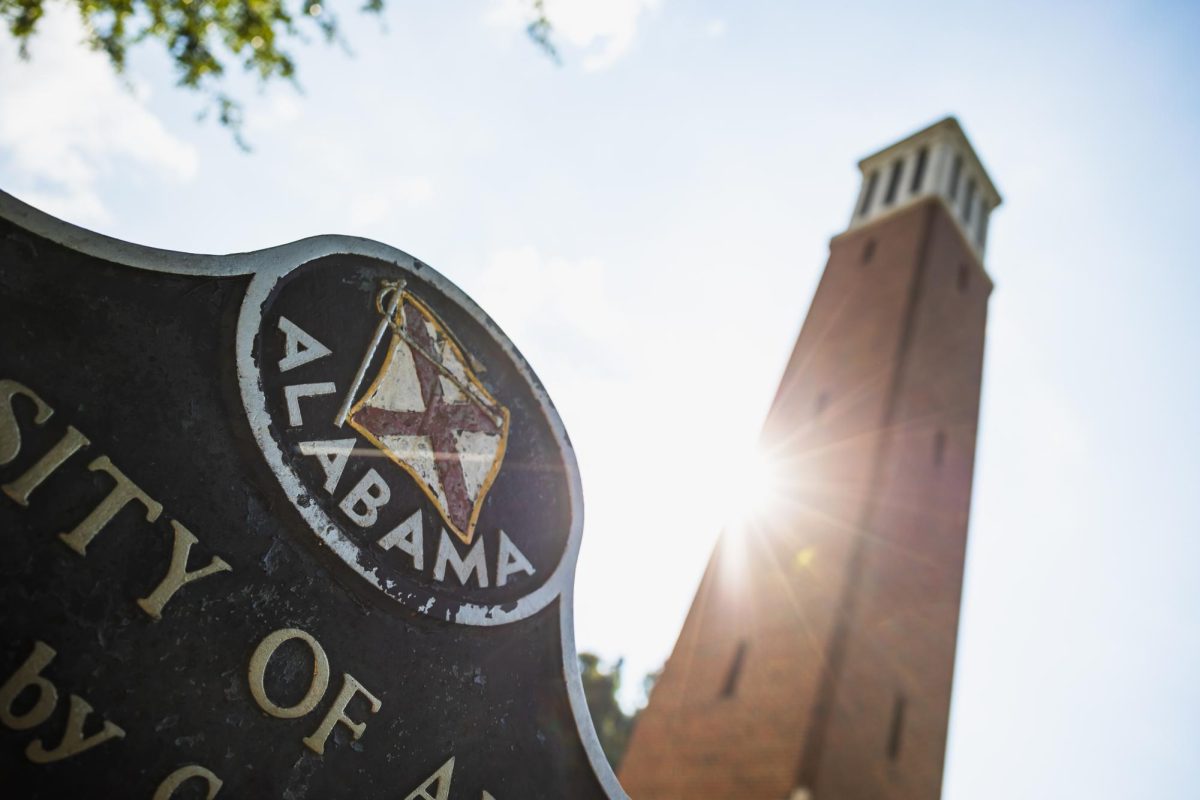The University currently requires those wanting to hold events or speak on campus to be sponsored by a campus academic or administrative departments or organizations affiliated with such departments, according to uafacilities.ua.edu.
As an institution of higher learning, the University attaches great value to freedom of speech and open debate, but it also attaches great importance to the principles of civility and respect that govern an academic community, UA spokeswoman Cathy Andreen said
“We use the ground use permit process to ensure that students, visitors and guests who want to hold events, speeches, rallies, demonstrations and other events can do so without endangering the safety of our students and the campus community and without disrupting the University’s ability to educate our students and conduct daily operations,” she said.
In order to have a UA department or student organization to sponsor an event, a group must contact a department that may be interested in the event or cause, the website stated.
Jesse Morrell, a self-described confrontational open-air preacher, was escorted off campus Sept. 15 after attempting to preach from what he perceived to be city streets. Morrell said he was shut down by the police because he was on campus property.
“I was told that the sidewalks on University Boulevard are not city easement or public right of way,” Morrell said, “and therefore I was not permitted to preach there without threat of arrest.”
Morrell said sponsorship is really a private campus policy and for a public university to adopt it is outrageous.
“If the campus was fully funded by the student tuition, then it would make sense to give the students the authority of veto power over the general public’s free speech,” Morrell said. “But since the campus is also funded by the general public’s tax dollars, giving the students the authority of veto power over the rights of the public makes no sense.”
Sponsorship is clearly censorship as it limits speech to only that which is liked by the campus or approved by the students, Morrell said. By necessity it excludes all other forms of speech, and therefore it is no longer free speech.
“The entire idea of getting ‘sponsorship’ to exercise that which is already your constitutional right is a scary idea,” Morrell said. “What’s next, you need to find ‘sponsorship’ to have the right to a fair trial? You do not need sponsorship, or a permit, to exercise that which is already your constitutional right.”
Like Morrell, Micah Armstrong, another confrontational preacher better known as Brother Micah, said the University’s policy was meant to censor speech certain individuals on campus don’t want students to hear.
Armstrong spoke at the University in March of 2007 and 2008 and said he loved preaching at the University and loved the students he preached to.
“It was certainly at the top of my experiences of preaching at campuses and favorite schools,” he said.
Armstrong said the policy should be changed back to the way it was before 2009, when a speaker could come use a designated public free speech area for free speech.
“Having to obtain sponsorship from people who want you there is not free speech at all,” Armstrong said. “The whole purpose of having free speech is to allow speech that is unpopular or with a differing view. This is a dangerous pattern for first amendment rights in our country.
Morrell said he has contacted his attorneys about this case and they are very interested in it.
Many Universities across the nation have been forced to change their policies regarding free speech through legal actions, he said.
Morrell said the message that he is trying to reach to UA students is simple.
“We have all sinned in our lives and therefore deserve to be punished by God,” Morrell said, “but, he offers us forgiveness through Jesus Christ if we will turn from our sins and trust in him who died on the cross for us.”
Morrell and Armstrong both said if an organization would sponsor them, they would gladly come back to the UA campus.
“But it all depends on who you know and since he doesn’t know anyone and they don’t know him, it is unlikely,” Morrell said. “This is censorship in action.”




